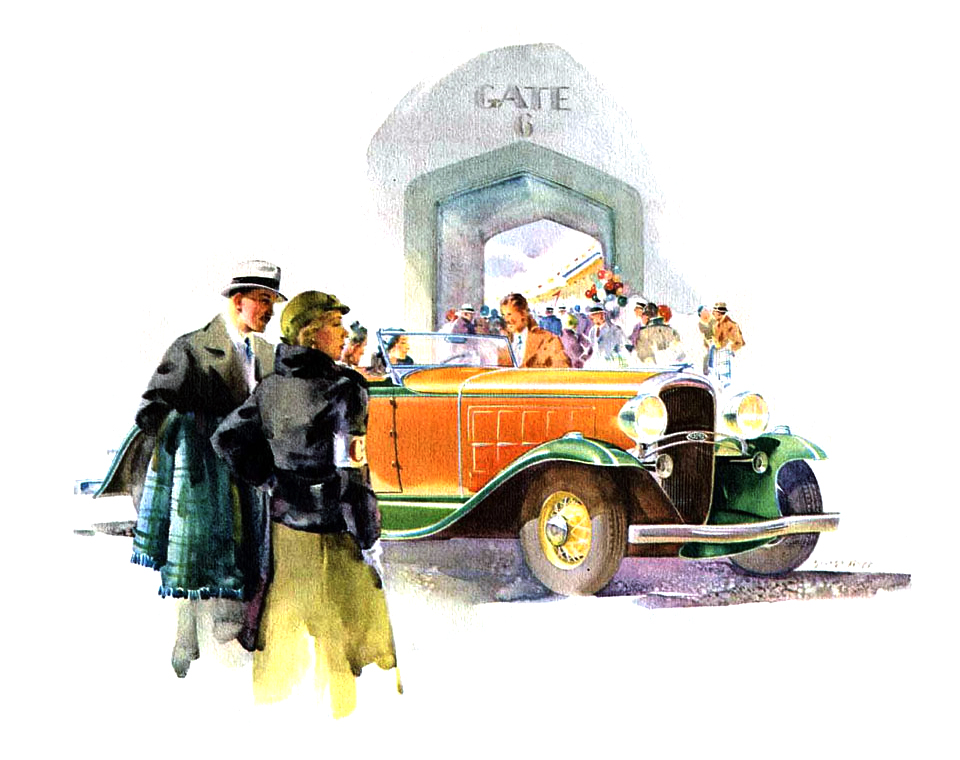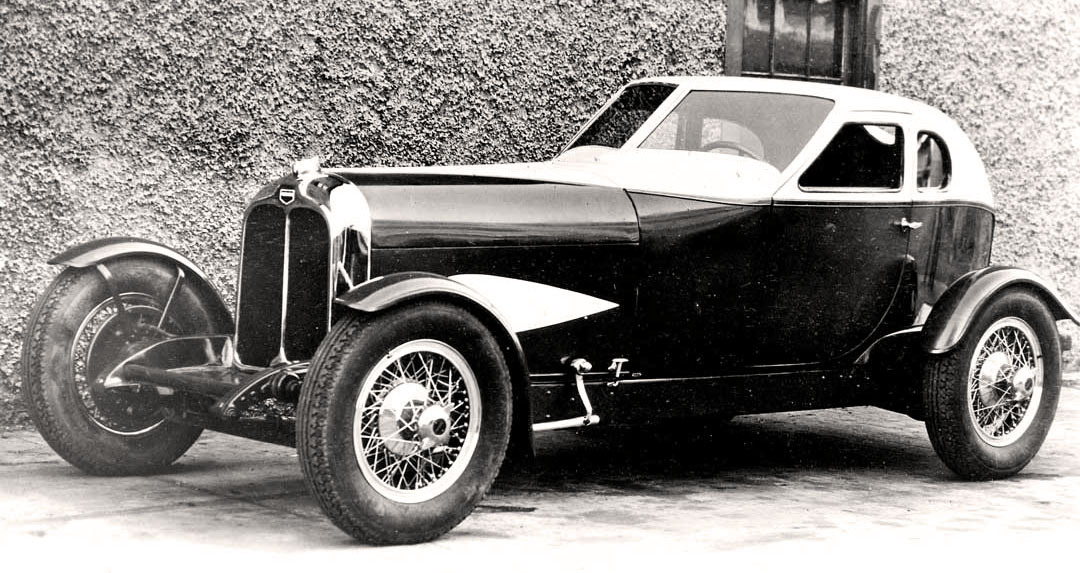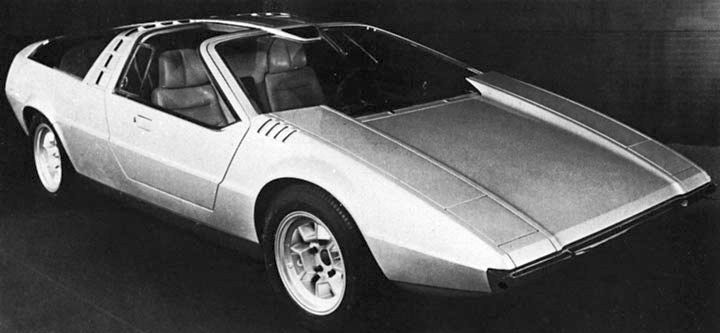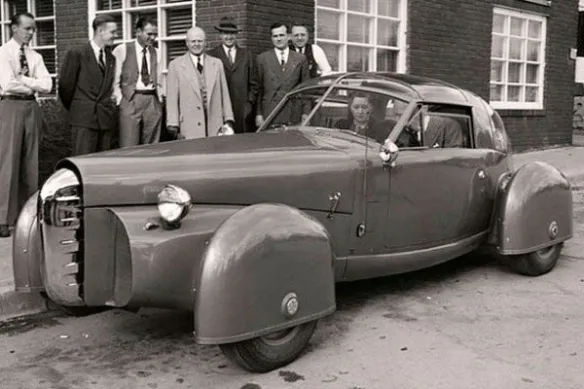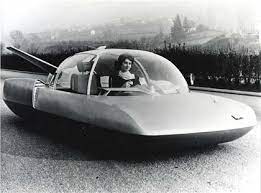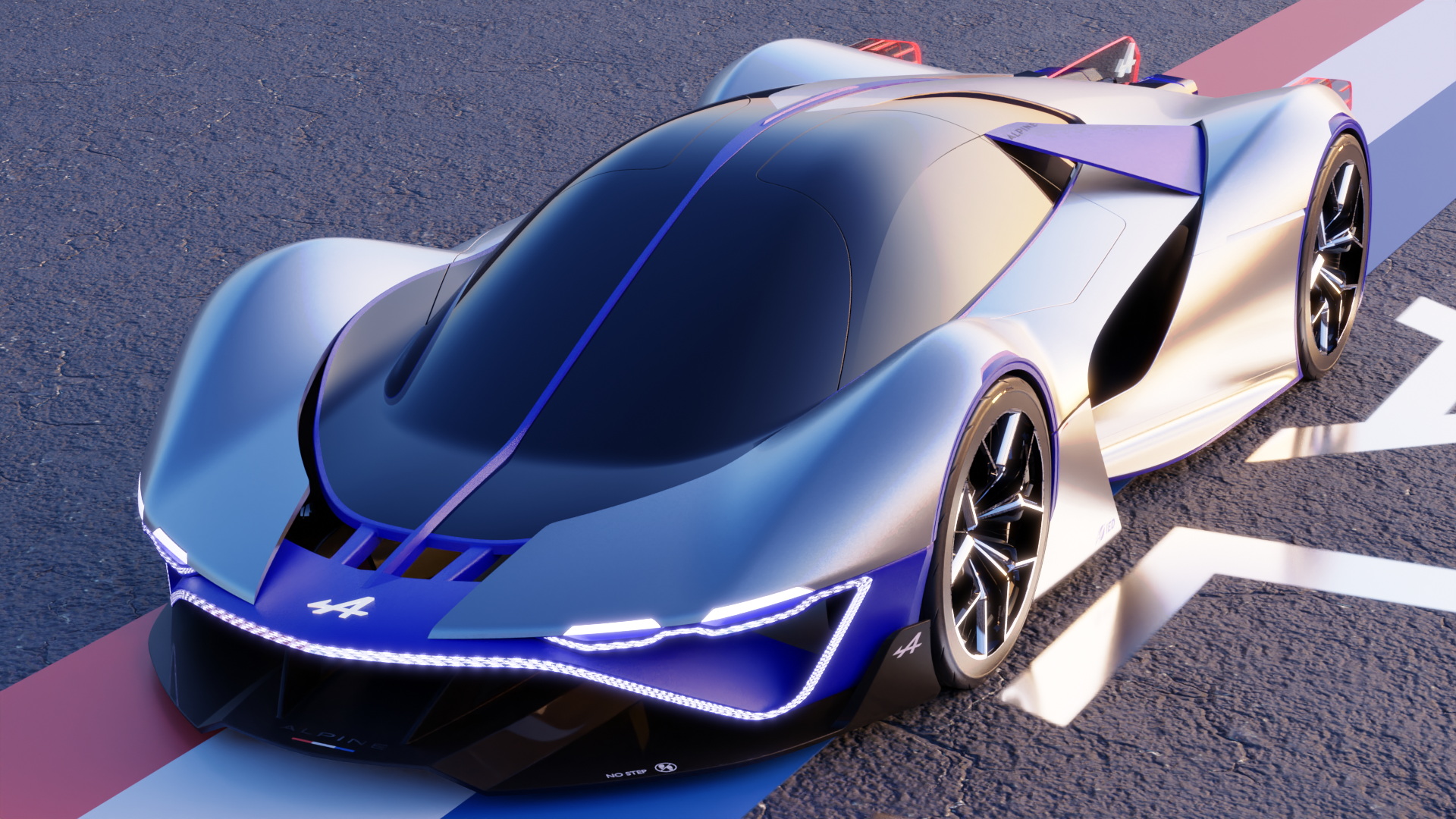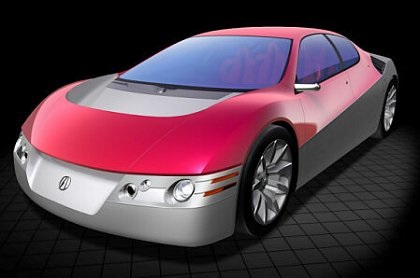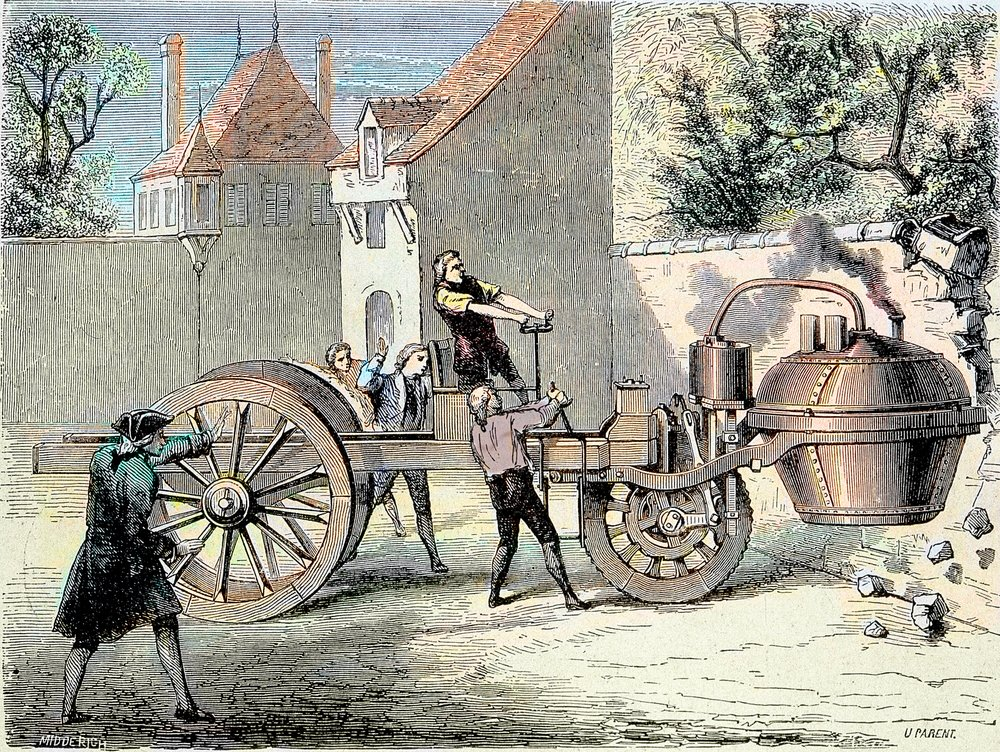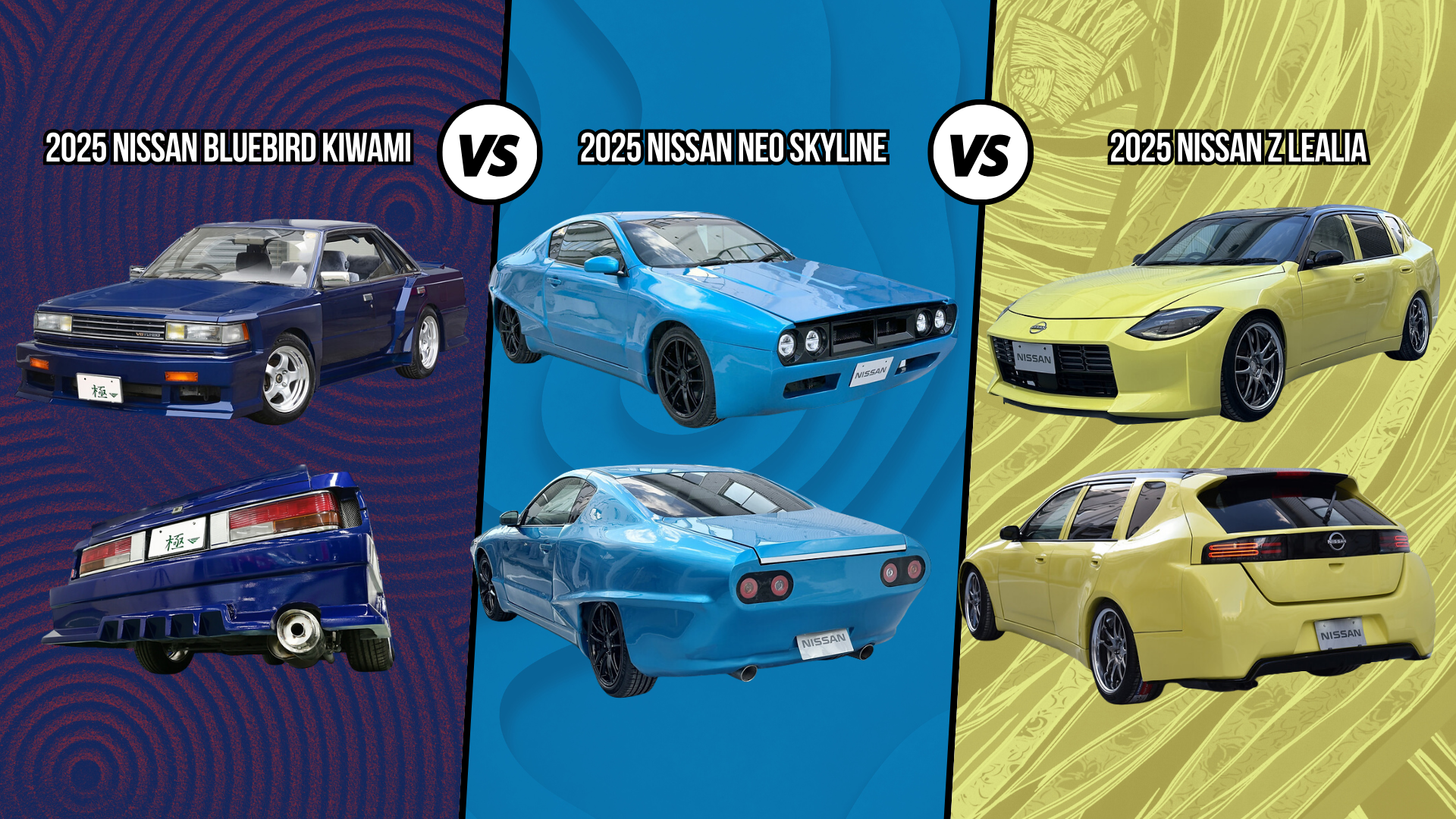1979 Study for BMW by Colani
- Story Cars
- Nov 4, 2024
- 1 min read
The 1979 Study for BMW, conceived by Luigi Colani, represents a groundbreaking approach to automotive design, specifically reimagining the BMW 5 Series. This concept car showcased Colani's signature style, characterized by a streamlined and organic body shape that emphasized smooth curves and integrated headlights. The design reflects Colani's unwavering commitment to aerodynamics and his pursuit of futuristic aesthetics, setting it apart from conventional automotive designs of the era.
Colani’s vision for the 5 Series marked a bold departure from BMW's traditional styling cues, moving away from angular lines and boxy shapes to embrace a more fluid and sculptural form. The study illustrates his belief that a vehicle's design should not only serve a functional purpose but also evoke emotion and capture the imagination. By incorporating features that reduce drag and enhance performance, Colani sought to redefine what was possible in terms of both aerodynamics and visual appeal.
This ambitious concept, while not realized in production, highlights Colani's innovative thinking and his ability to challenge the norms of automotive design. The 1979 Study for BMW stands as a testament to Colani’s legacy, showcasing how a single design could push the boundaries of creativity and inspire future generations of automotive designers.










